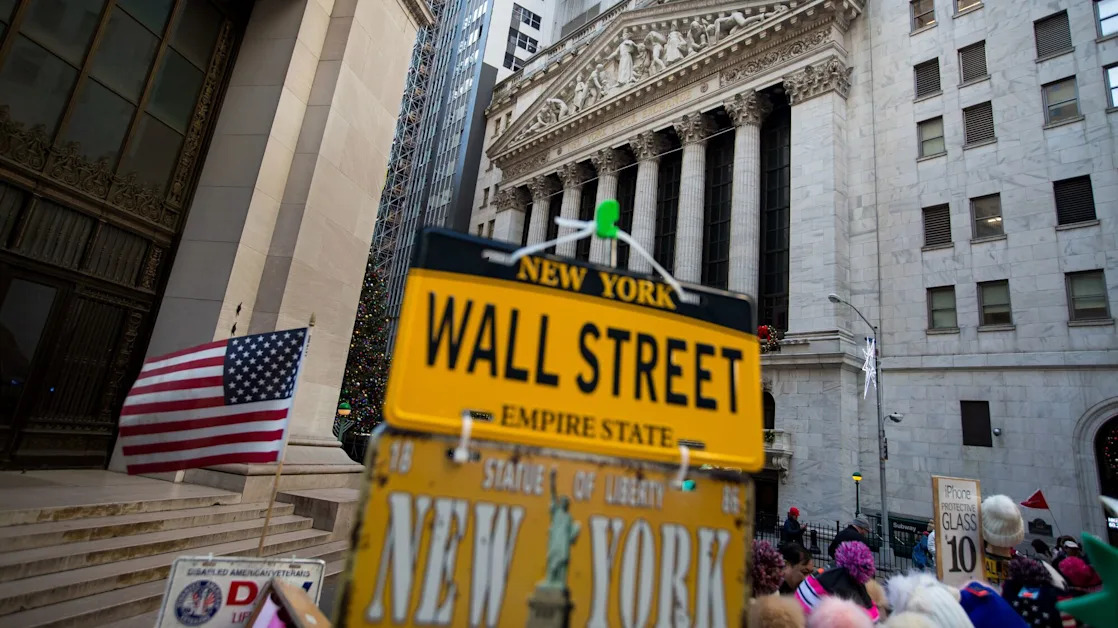
Wall Street’s Derivatives-ETF Craze Amps Up on Record 71 Filings
(Bloomberg) -- A pioneer of the $100 billion derivatives-powered ETF market has filed for more than 70 new funds in one go, in a bet that amped-up investment products will boom anew despite fears of industry overcrowding and investor exhaustion.
Most Read from Bloomberg
New York-based Direxion on Friday submitted paperwork to the Securities and Exchange Commission to introduce a fresh batch of leveraged and inverse ETFs, in the largest-ever filing spree from an asset manager, according to Bloomberg Intelligence.
Included in the long list of trades offering to amp up returns on single stocks — in both a bullish and bearish direction — are those favored by retail traders, such as PayPal Holdings Inc., Roblox Corp. and Shopify Inc. Direxion also listed trades involving the semiconductor, consumer services and real estate sectors.
The record number of filings come as day traders with bullish bets get crushed with stocks down again Tuesday after the S&P 500 entered a correction last week. Since the market’s drop from its February peak, assets held by a cohort of leveraged-ETF issuers have plunged as much as 18%, data compiled by BI show.
“Issuers are no longer just throwing spaghetti onto the wall to see what sticks, but the lasagna and pizza, too,” said Henry Jim, ETF analyst at Bloomberg Intelligence. Direxion may not launch all products that it filed for, but the flurry of paperwork allows the firm to gauge investor interest, Jim said.
Derivatives-based ETFs, a once-niche corner of the market, have boomed since 2019 when US regulators eased constraints for launching new funds. Since then, more than 300 such products have been launched, with Direxion, ProShares Advisors LLC, Tidal Investments LLC, GraniteShares Inc., Tuttle Capital Management LLC and AXS Investments LLC dominating the space.
The market, however, is getting more crowded and risky, according to Morningstar Inc.’s Bryan Armour. Retail interest in less popular stock names is also far from guaranteed, unless volatility brings in speculative investors, per Armour.
“Daily leveraged and inverse ETFs are among the largest wealth destroyers in the ETF market,” Armour, the firm’s director of passive strategies research, said. “They typically do very poorly over the long term due to the structural deficiencies of resetting leverage daily.”